

 Friday, February 1, 2008
Friday, February 1, 2008

[1650 - Rene Descartes, philosopher, scientist, died]
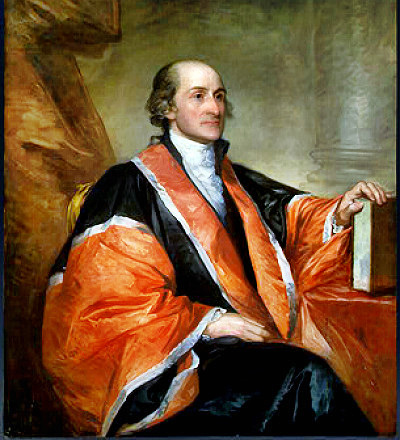
[1790 - First session of the U.S. Supreme Court]
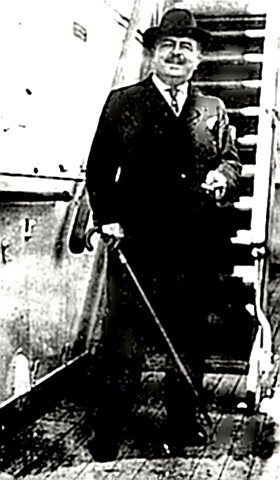
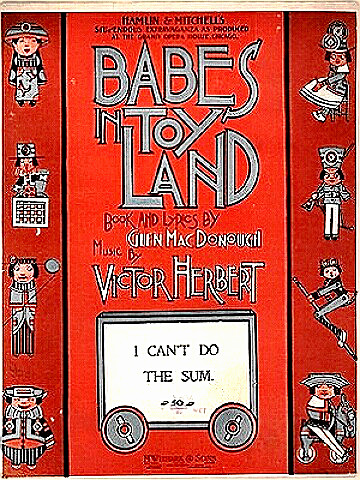
[1859 - Victor Herbert, composer, conductor, born in Dublin, Ireland]
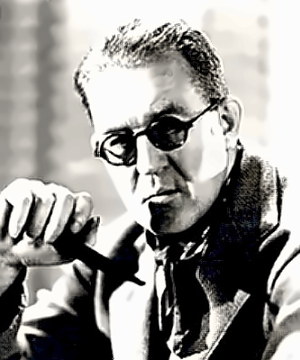
[1894 - John Ford (Sean Aloysius O'Feeney), Academy Award-winning director, born in Cape Elizabeth, Maine]
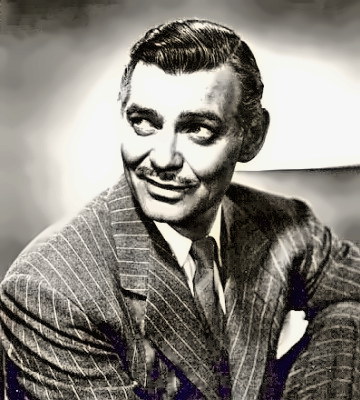
[1901 - (William) Clark Gable, actor, born in Cadiz, Ohio]
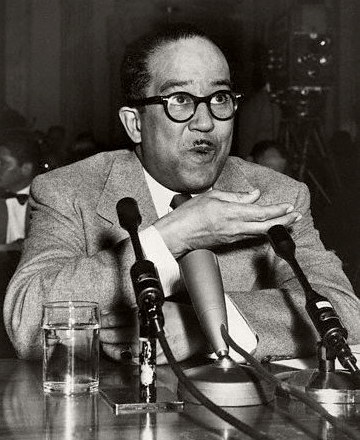
[1902 - Langston Hughes, poet, author, born in Joplin, Missouri]
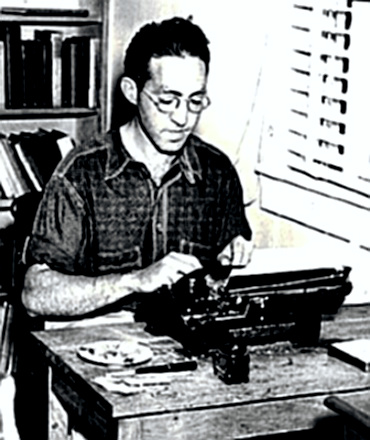
[1904 - S.J. Perelman (Sidney/Simeon Joseph Perelman), humorist, writer, born in Brooklyn]
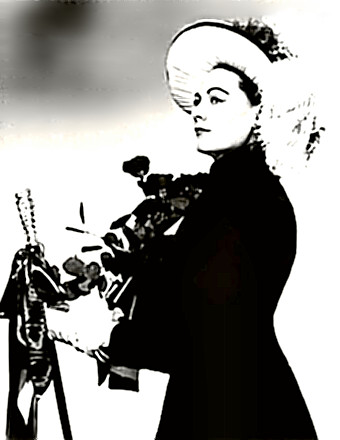

[1922 - Renata Tebaldi, opera singer, born in Pesaro, Italy]
Why Am I?
If you would be a real seeker after truth, you must at least once in your life doubt, as far as possible, all things.
Discours de la Methode
The philosopher Descartes embraced the primacy of self-awareness (Cogito, ergo sum). We have now learned that certain monkeys (and not even the smartest of the non-human primates at that) can solve and remember multiple complex, seven-part sequences of images (just as can college students). Both the monkeys and the college students can also compare and analyze a pair of images taken from different sequences to determine which of the two images comes first.
Given these findings that were not available to Descartes in the 17th Century, I wonder if he were alive today whether he might formulate his approach differently.

All are lunatics, but he who can analyze his delusions is called a philosopher.
William's Whimsical Words:
Puteo, ergo sum (I stink therefore I am) seems now to be just as defensible a position in light of the new evidence. [Pardon the poor Latin grammar]
 to Winter 2007 - 2008
to Winter 2007 - 2008 to Almanack Main Page
to Almanack Main Page
